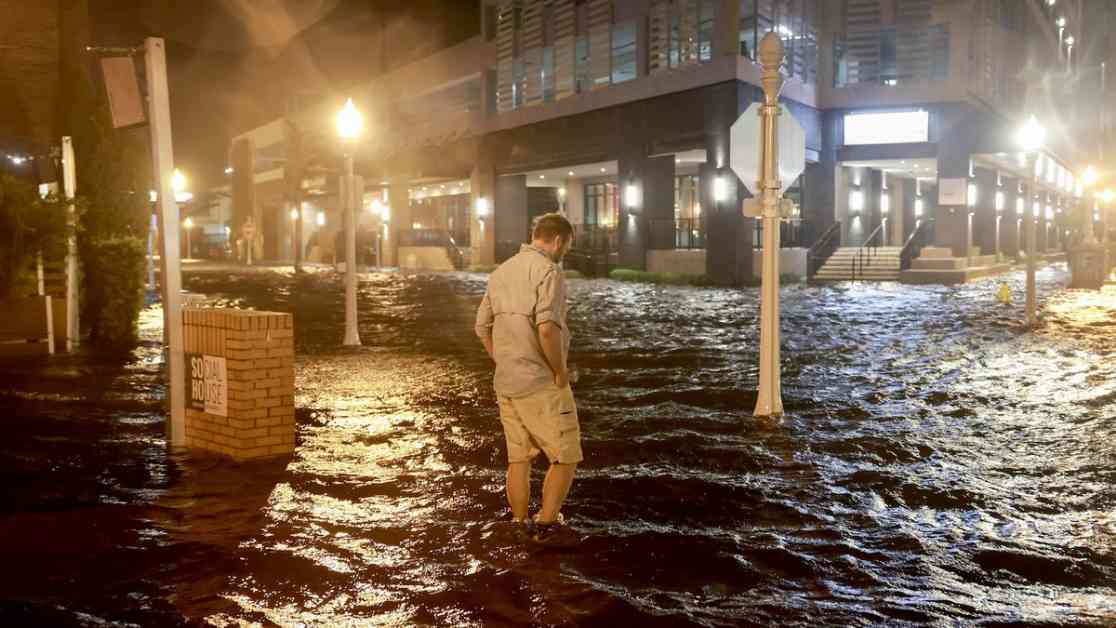Hurricane Milton made headlines as the second most intense hurricane ever recorded in the Gulf of Mexico. The powerful storm hit the west coast of Florida on October 9, following closely on the heels of another recent hurricane in the state. While meteorologists provided scientific explanations for the hurricanes, a minority of people raised conspiracy theories suggesting that the storms were engineered or manipulated for various purposes.
As psychologists, we study the origins of conspiracy theories and their prevalence in the aftermath of natural disasters. This research is particularly important as extreme weather events are projected to become more frequent and severe in the future. Conspiracy theories typically attribute significant events to the secret actions of a small, powerful group. However, when we examine these theories from a psychological perspective, we find that they may not always align with the nature of the events they attempt to explain.
Unlike events that could potentially be staged by a small group of individuals, such as faking the moon landing, climate-related conspiracy theories face challenges in terms of plausibility. The sheer size and power of natural phenomena like hurricanes make it unlikely that human technology could have a significant impact on their development and trajectory. This inherent lack of direct control over the climate makes climate conspiracy theories less credible compared to other types of conspiracies.
People are drawn to weather conspiracy theories for various reasons, including a desire for safety and security in the face of existential threats like climate change. Additionally, individuals seek to regain a sense of control over their environment when confronted with the uncontrollable forces of nature. Recent psychological research has shown that people affected by natural disasters may be more inclined to believe in conspiracy theories as a way of coping with feelings of helplessness and lack of control.
Studies have also demonstrated that exposure to climate conspiracy beliefs can have negative implications for pro-environmental attitudes and actions. People who endorse climate-related conspiracy theories are less likely to believe in human-made climate change, support environmental policies, or trust scientific evidence. This creates a dangerous cycle where disbelief in climate change leads to inaction, further exacerbating the effects of natural disasters and fueling more conspiracy theories.
Interventions that promote critical thinking and scientific reasoning have shown promise in reducing conspiracy beliefs related to climate change and other phenomena. By addressing the underlying factors that contribute to conspiracy theories, we can work towards breaking the harmful cycle of misinformation and inaction. As the frequency of natural disasters increases due to climate change, it is crucial to address the root causes of conspiracy beliefs to mitigate their damaging effects on society and the environment.
In conclusion, understanding the psychological origins of conspiracy theories and their impact on public attitudes is essential for addressing the challenges posed by climate change and natural disasters. By promoting evidence-based reasoning and proactive measures to combat misinformation, we can work towards a more informed and resilient society in the face of environmental threats.










